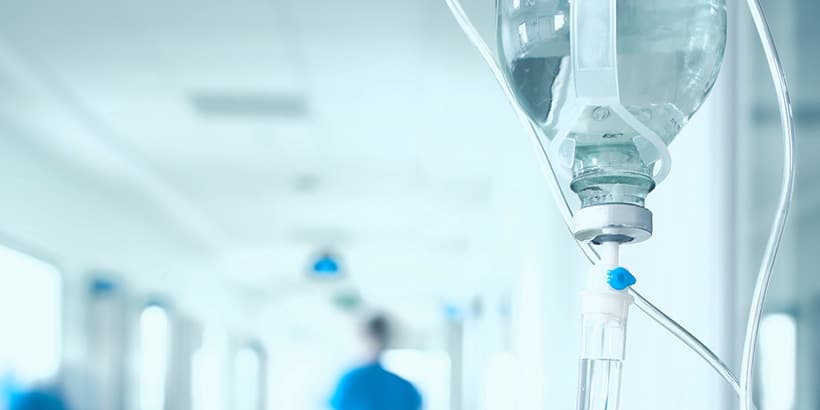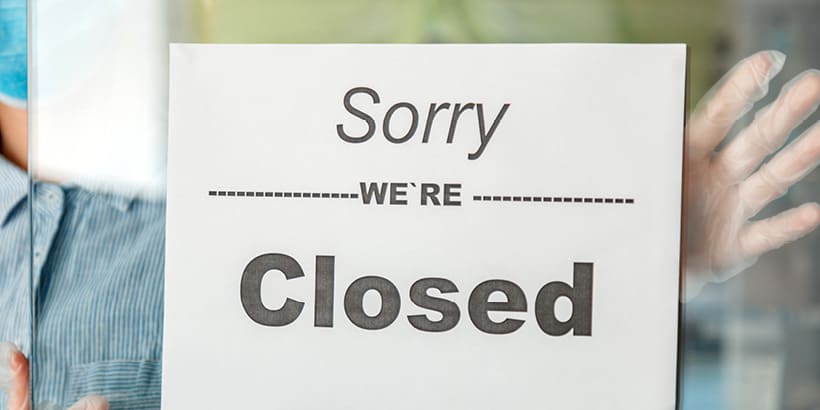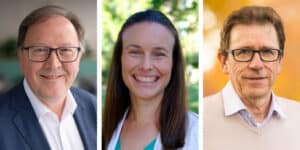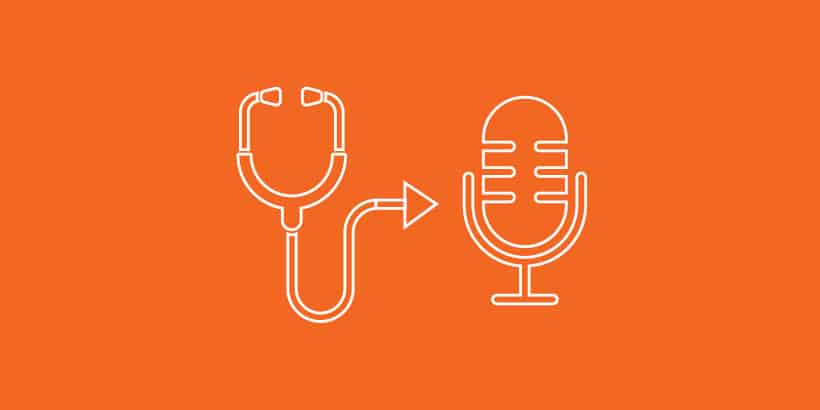
More doctors
March 15, 2023
GP Crisis
March 15, 2023FEATURE
Doctors in politics
Meet the doctors who are looking to improve healthcare through politics.

Dr Michael Holland – Current Member for Bega in the NSW Legislative Assembly, Labor Candidate. Dr Michael Holland is also a specialist Obstetrician & Gynaecologist providing women’s health services in the local area.
Dr Michael Holland is the Member for Bega in the NSW Legislative Assembly. He’s worked as a specialist Obstetrician & Gynaecologist in the South Coast for 20 years.
In August 2018, with other concerned individuals in the Eurobodalla area, he co-founded the “ONE – One New Eurobodalla hospital” movement. This resulted in a petition of over 3000 signatories to the Legislative Assembly of the NSW Parliament for a single new level 4 regional hospital and immediate improvement to the clinical services in the Eurobodalla.
Dr Holland was elected as the Member for Bega at the 2022 by-election. It was the first time that the electorate was won by Labor.
Why did you enter politics?
I have seen the generational effects of the social determinants of health on maternal, perinatal, and gynaecological care. The deteriorating situation in rural areas made me make the decision that if I could no longer improve health care clinically, I would have to try to improve things politically.
For many years, I have been troubled by the inequity of perinatal mental health services which has a compounding effect on the most vulnerable in our society. This applies across many fields of health.
In many rural areas, previously safe and sustainable co-operative models of care based on appropriately well-trained GPs, nurses, midwives, and other specialists have been allowed to decline to the point of closure or provision of the lowest denominator of service capability.
I realised that I could advocate more strongly in parliament and provide a resource to my parliamentary colleagues in making effective policy.
What are your top health priorities?
Good health policy is determined by targeting the greatest needs in health.
The social determinants of health which I referred to earlier include stable housing, safety from domestic violence, access to the best education, opportunity for fulfilling employment, and a protected environment.
Doctors are caring and socially responsible professionals who can contribute to improving these determinants for their patients. They say that all politics is local and at a local level I want to achieve the best sustainable rural health service for my constituents to reverse the high and unnecessary outflow to metropolitan centres for care.
With other doctors in politics, I can contribute to informing government at State and Federal levels how to support the complementary roles of primary health care and NSW hospital services.
I want to see the provision of the best of care from before birth to the end of life to everyone regardless of their post code, race, income, gender, ability, or sexual orientation.
What are the greatest challenges facing the health system?
Ideologically, Medicare should provide universality, equity, and choice in health care. It has been a great example of providing the best of health care to our nation. Our greatest challenge is continuing to live up to these principles.
As a profession, we need to review models of care and the scope of practice of other health professionals to deal with prevention of illness and how to deal with the growth of chronic and complex health demands. We need to examine whether the previous clinical and business models of practice are providing the best care for our patients and whether they are the best for us as individuals.
The current crisis in health care is driving new medical graduates away from primary care and experienced doctors, nurses, midwives, and other health professionals out of the public hospital system due to under-staffing, under-resourcing, and the failure to acknowledge their concerns.
Our regional, rural, and remote areas are most at risk.
Governments, our representative bodies, and professional colleges need to work together to train, attract, and retain doctors and other health professionals in rural and regional areas.
Dr Amanda Cohn – Dr Amanda Cohn is a GP based on Wiradjuri Country in Albury-Wodonga and a Greens candidate for the NSW Upper House.
Dr Amanda Cohn is a GP and frontline emergency services volunteer based in Albury-Wodonga. She is the youngest woman ever elected to Albury City Council and Deputy Mayor from 2016-21. During this time she drove regional coordination to support victim survivors of family violence as Chair of the Border Domestic Violence Network, and also served on the board of Parklands Albury-Wodonga.
She is passionate about addressing the social and environmental determinants of health as well as equity of access to health care and was a key voice in the campaign to decriminalise abortion in NSW in 2019.
Why did you enter politics?
Working in community health in a regional area, it became clear to me that my patients needed profound social and political change more than they needed a good GP. From caring for mental health patients languishing for years on waitlists for public housing, to antenatal patients unable to access adequate domestic violence support, and to victims of bushfires and floods, I developed a passion for addressing the social and environmental determinants of health.
I think there’s a wonderful overlap between the skills of a good GP and the skills of an effective politician – building rapport quickly with a broad range of people, active listening, shared problem solving, and distilling and communicating scientific evidence.
What are your top health priorities?
Firstly, to emphasise the critical importance of primary care in improving population health outcomes and reducing the need for costly tertiary interventions and hospital admissions. Having a regular GP is an important protective factor for our patients, but it’s getting harder and more expensive to see a GP after decades of underfunding. The Greens have committed to under-writing the pay and conditions gap for GP registrars, exempting GPs from payroll tax, and opening a small number of public primary care services, with GPs employed as staff specialists, to meet the needs of our most vulnerable and disadvantaged communities.
Secondly, to address the staffing crisis facing our public health services. Implementing safe nurse-to-patient staffing ratios, as has been done in Victoria and Queensland, improves patient outcomes across a range of presentations in addition to being cost-saving by reducing length of stay and rate of re-admission. Nurses, paramedics, and midwives are also due a substantial pay rise in the face of both inflation and the impact of the public sector wage cap over the past decade.
Finally, to address the single biggest health threat facing humanity according to the World Health Organisation, which is climate change, we cannot allow new coal and gas projects to proceed here in NSW.
What are the greatest challenges facing the health system?
Our health system is in crisis. We are seeing an ageing population and an increasing complexity of presentations and comorbidity, alongside an increasingly fragmented health system, profound burnout among health professionals, and an unacceptable inequity in health outcomes for residents of rural and remote areas, as well as First Nations people. Meanwhile, the cost of providing quality health care has outstripped government funding, leading to increasing out-of-pocket costs for patients, furthering inequity. All of this is compounded by the pressure politicians face to provide visible change within very short electoral cycles rather than prioritising long-term outcomes.
There are huge untapped revenue raising opportunities for the NSW Government that could be used to fund health services, from bringing coal royalties in line with other states to levying the uplift property developers receive from rezoning decisions. But we must also prioritise preventive health measures in addition to primary care and addressing the social and environmental determinants of health.
Dr Joe McGirr – Current Independent member for Wagga Wagga. Dr Joe McGirr specialises in emergency medicine and medical administration.
Member for Wagga Wagga, Dr Joe McGirr, has worked in regional NSW for more than 30 years, firstly in emergency medicine, then in health and hospital management, followed by time in university administration before entering politics.
Dr McGirr was elected the Member for Wagga Wagga in September 2018, following an historic by-election in the seat. He was re-elected into the 57th Parliament of NSW, six months later, in March 2019.
Dr McGirr’s dedication to service and to caring for the needs of the community has extended well beyond the region for almost three decades, and as the Independent voice of the electorate, he vows to maintain this legacy.
Why did you enter politics?
What drove me originally in 2011 was the need to have a new Wagga Wagga Base Hospital. At the time the community and health service had been following the correct processes for a decade and it seemed little progress was being made. I was not elected in 2011, although I achieved more that 30% of the primary vote and I think that certainly raised the importance of the hospital as an issue. I did not intend to run again, but in 2018 our local member was forced to resign, and I was approached to consider running. I felt that integrity was important and I could provide a real choice for the community.
What are your top health priorities?
My top health priority is to bridge the health divide between the remote, rural, and regional NSW and the cities. Regional life expectancy is shorter than that in the city, we have fewer services, more acute health worker shortages and less access to medications.
This is unacceptable.
I will focus on establishing a separate rural health department that will be a voice for rural health needs.
A major focus for the rural health department will be on improving training and education services, with a focus on supporting health staff to develop their careers in rural health areas. The department would be an advocate whose focus would be maintaining and increasing services. It would also focus on relations with the Commonwealth. It would not be a duplication of the machinery of Government but would work more like the department of regional NSW.
What are the greatest challenges facing the health system?
The great challenge facing the health system is the lack of health workforce in remote, rural, and regional areas. This means that patients cannot access the services they need as close to their communities as possible.
We have done much to bring student training to the bush – the challenge is to convert that to health professionals on the ground in rural areas. An example of potential solutions is the Murrumbidgee training model for GPs that provides a clear supported pathway for doctors to train in a region supported by that region. If that is combined with modern and attractive employment models, we could have a solution. Above all the locus of control for rural medical training has to be in the bush with universities, colleges and health services combining to support and attract a rural workforce.
Currently general practice, which is the bedrock of our system, is under enormous pressure: a remuneration system that has been allowed to slide, a training system that at times seems directionless and above all a lack of prestige that comes from a hospital centric health system are all challenges.

